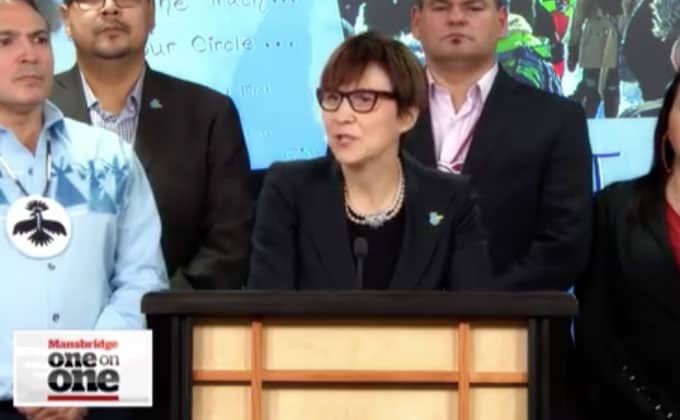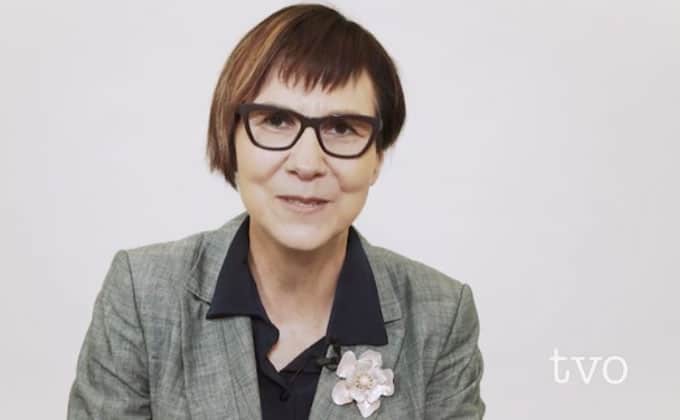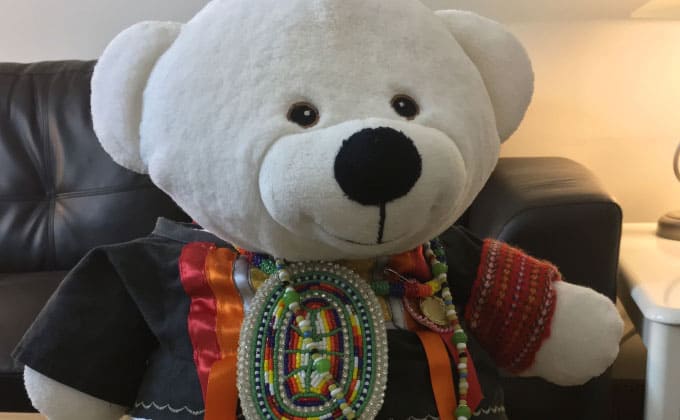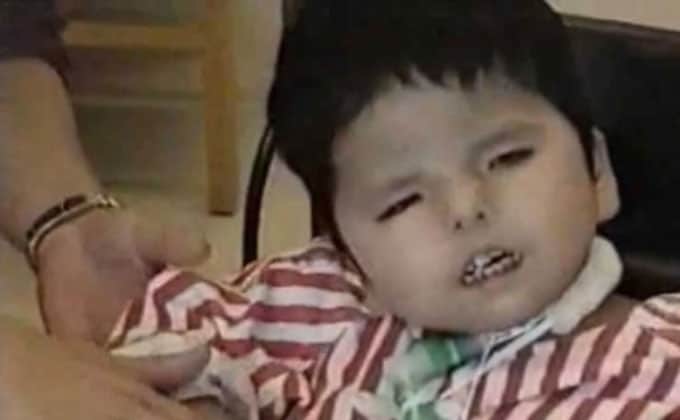Cindy Blackstock
First Nations Caring Society
Ottawa, ON
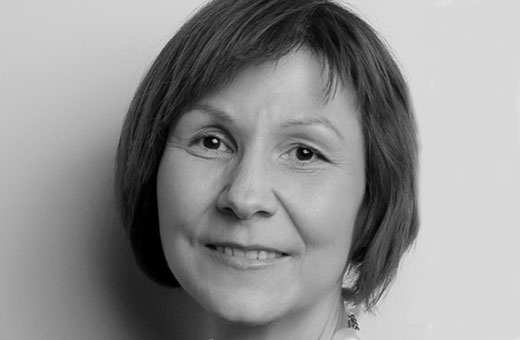
Sector Impact
Civic Engagement
Economic Development
Education
Health & Well-being
Human Rights & Equality
Indigenous Peoples & Reconciliation
DECOLONIZING CHILDREN’S WELFARE
The Challenge: Residential schools may have closed in Canada, but First Nations children are still being removed from their families at alarming rates. First Nations children are vastly overrepresented in Canada’s child-welfare system, and grossly under-served in terms of education, poverty reduction, healthcare and other basic human rights.
 The Solution: Dr. Cindy Blackstock, co-creator of the First Nations Child and Family Caring Society of Canada, works tirelessly to bring to light — and root out — the racist and colonial policies that systemically disadvantage First Nations children and their families. In collaboration with First Nations communities, child advocates, and governments, Cindy promotes reconciliation to ensure culturally based equity for children and families.
The Solution: Dr. Cindy Blackstock, co-creator of the First Nations Child and Family Caring Society of Canada, works tirelessly to bring to light — and root out — the racist and colonial policies that systemically disadvantage First Nations children and their families. In collaboration with First Nations communities, child advocates, and governments, Cindy promotes reconciliation to ensure culturally based equity for children and families.
Championing equality.
In Canada’s child-welfare system, First Nations children are grossly overrepresented due to the ongoing impacts of racist, colonial policies and mindsets. In 2016, the Canadian Human Rights Tribunal found that the federal government willfully and recklessly discriminated against First Nations kids on reserves in the provision of child and family services.
Dr. Cindy Blackstock was the driving force behind this ruling. She’s been a trusted champion of First Nations children’s rights for over a decade, demanding justice and advancing culturally-based, equitable solutions. She’s creating a totally different — decolonized — mindset that values true equality of funding, education and service for all kids, without exception.
As a Gitxsan child growing up in Northern B.C. in the ‘60s, Cindy experienced racism from people who mistook the dramatic symptoms of government oppression as racial inadequacy. Determined to rise above racist expectations, she pursued post-secondary education and became a social worker.
But frontline work didn’t fulfill Cindy. In fact, it enraged her. She saw how little the system was doing to address the real, root problems of child welfare and poverty. And she wasn’t alone.
Determined to bring about deep, systemic changes, in 1998, Cindy co-created the First Nations Child and Family Caring Society of Canada, a national non-profit organization with an aim to provide research, policy, professional development and networking to support First Nations child and family service agencies in caring for First Nations children, youth, families and communities.
The Caring Society works with First Nations communities, advocates and governments on all levels to ensure culturally-based equity for children and families. It has had measurable impacts on tens of thousands of First Nations children and their families. In 2019, after issuing a series of non-compliance orders against the federal government (called for tirelessly by Cindy) the CHRT ordered Canada to pay up to $40,000 (the maximum amount allowable under the Canadian Human Rights Act) to First Nations children, youth and families who were harmed by the child-welfare system.
Cindy created Touchstones of Hope, a reconciliation movement that brought together public child welfare practitioners and members of First Nations communities. This connected 233 distinct First Nations and non-Indigenous groups representing 30 different languages to co-create the future together.
Cindy also created conditions to implement the historic Jordan’s Principle, named after Jordan River Anderson, a young Cree boy who died in hospital at the age of five while the provincial and federal governments argued over who should pay for his in-home care. Since 2016, more than 350,000 Jordan’s Principle cases have been approved.
The Caring Society provides reconciliation-based public education and offers research and support through education initiatives, public policy campaigns and by providing quality resources to the public. For example, the Caring Society’s Spirit Bear Plan to End Inequalities in Public Services for First Nations Children, Youth, and Families was unanimously endorsed by the Assembly of First Nations, the Chiefs of Ontario, and supported by people around the world.
Cindy’s personal experience and outrage about inequity seeded the passion and resilience to devote her life to create systemic change. Her blend of community development experience, policy development and intellectual rigour have propelled her into a leadership role within the reconciliation movement. In 2018, NDP MP Charlie Angus referred to her as “Canada’s Martin Luther King at this moment for First Nations children.”
